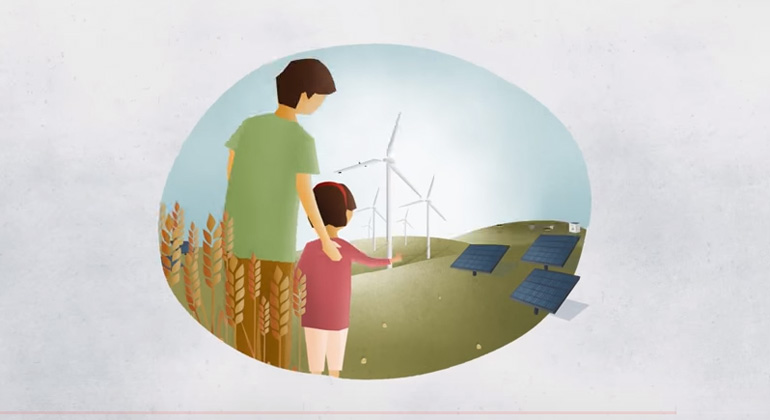Rapid, Climate-Informed Development Needed to Keep Climate Change from Pushing More than 100 Million People into Poverty by 2030
New World Bank report highlights the acute threat of climate change to poor people.
STORY HIGHLIGHTS
- This threat can be contained through rapid and inclusive development that takes into account climate change, targeted adaptation measures, and emissions reductions efforts that protect the poor.
- Without such action, it warns climate change could push more than 100 million additional people back into poverty by 2030.
A new World Bank report shows that climate change is an acute threat to poorer people across the world, with the power to push more than 100 million people back into poverty over the next fifteen years. And the poorest regions of the world – Sub-Saharan Africa and South Asia – will be hit the hardest.
But the report – Shock Waves: Managing the Impacts of Climate Change on Poverty – also points to a way out. This requires that poverty reduction and development work continue as a priority while taking into account a changing climate. It also means taking targeted action to help people cope with climate shocks – such as developing early warning systems and flood protection, and introducing heat-resistant crops. At the same time, efforts to reduce emissions should accelerate, and be designed to protect the poor.








